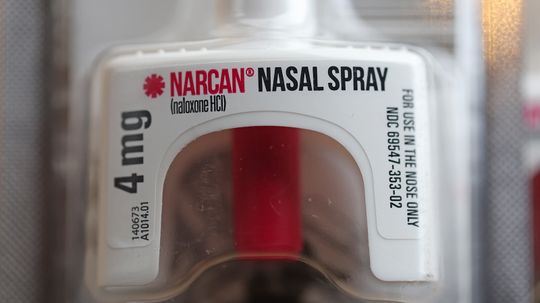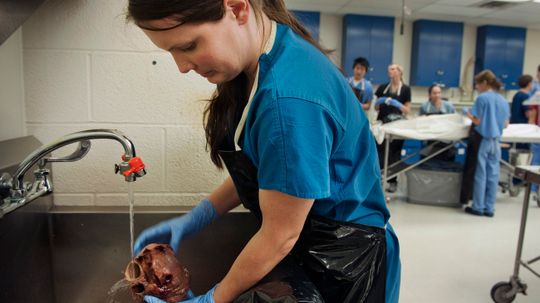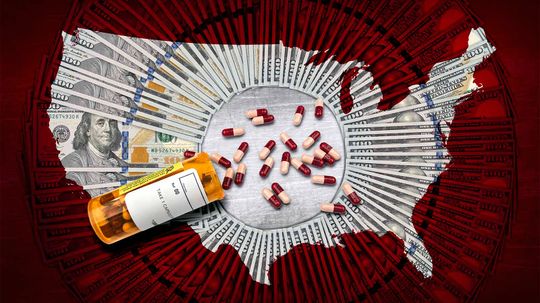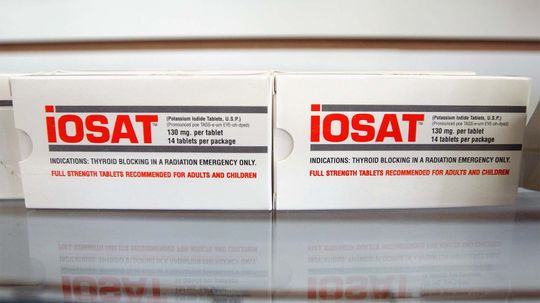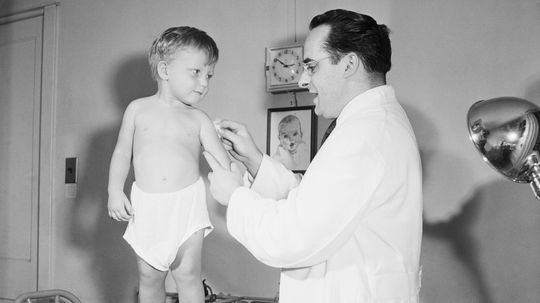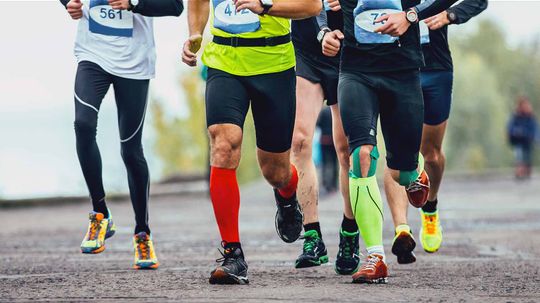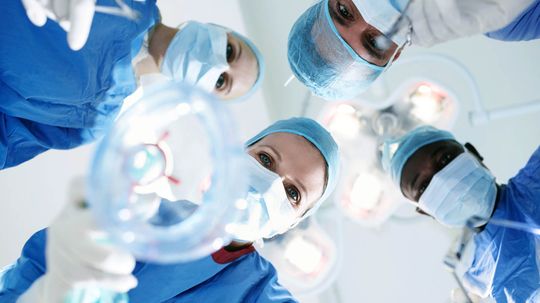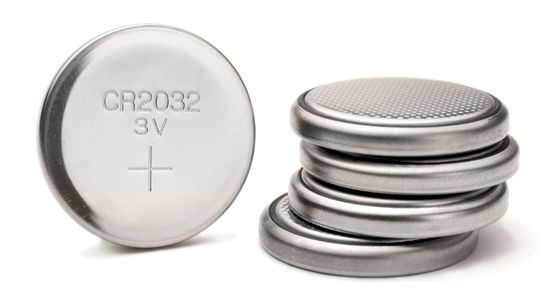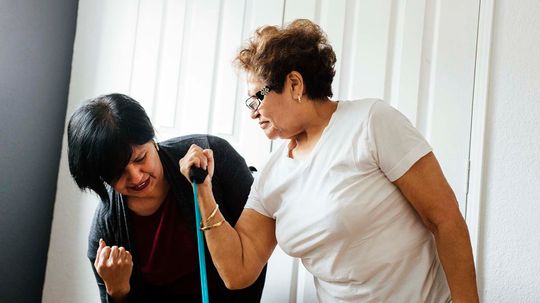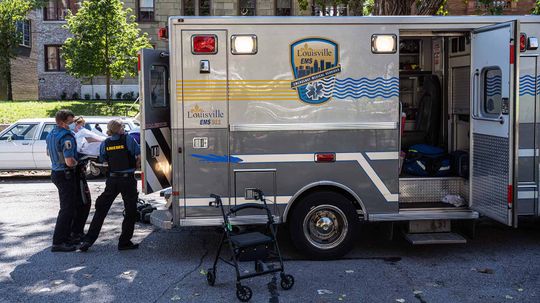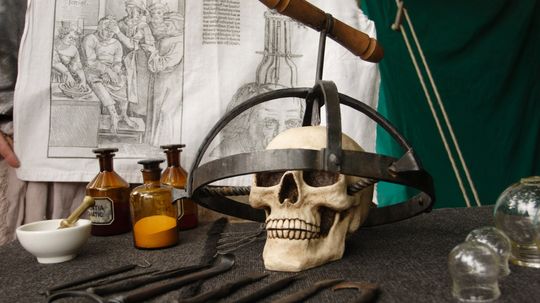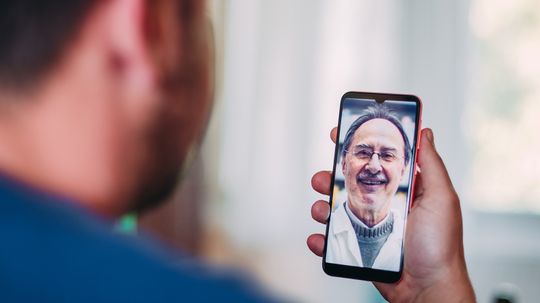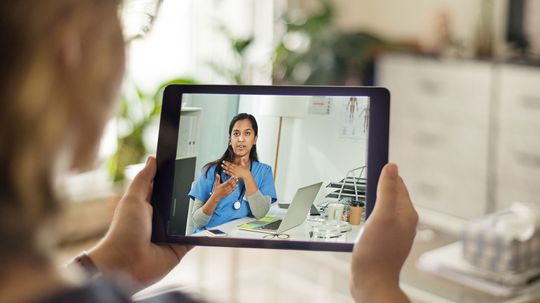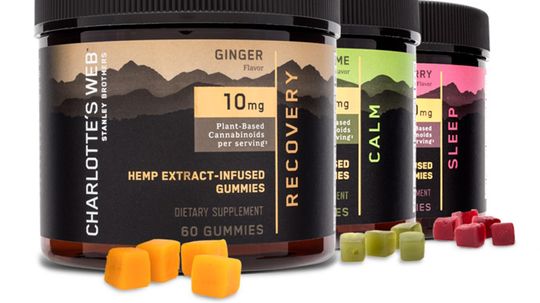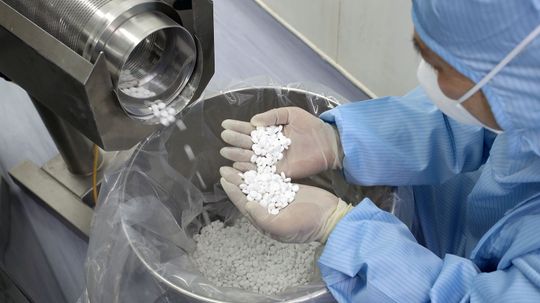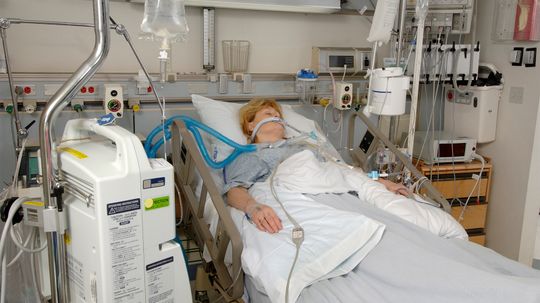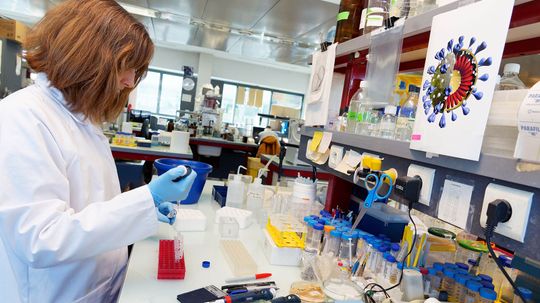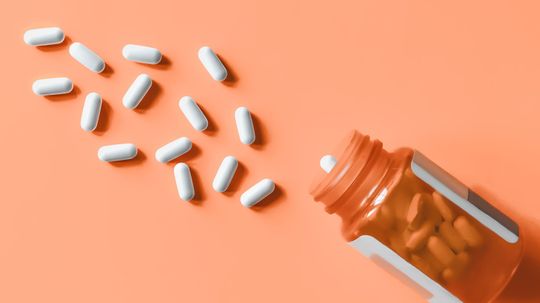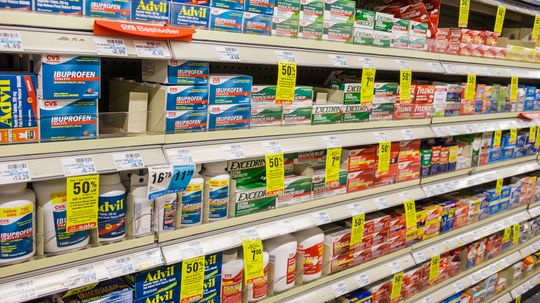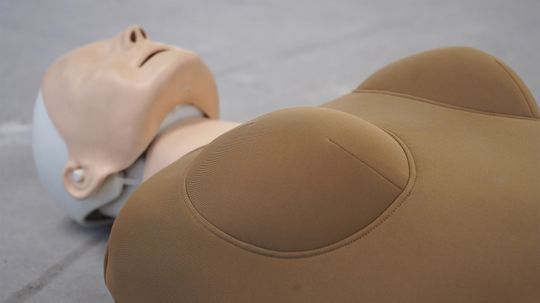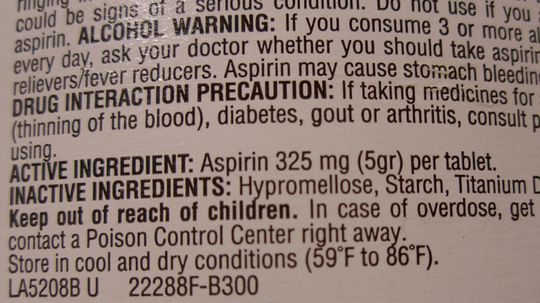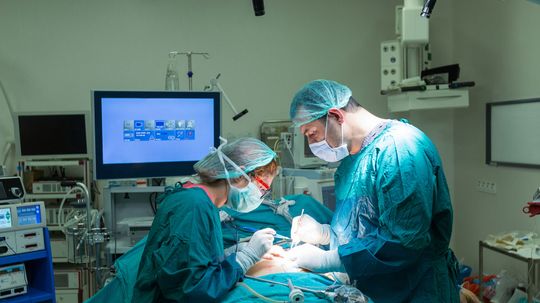Medicine
Medicine has to do with diseases and conditions that affect the entire body. In this section, learn about testing and treatment plans including the medicines used to prevent and treat a range of diseases and conditions.
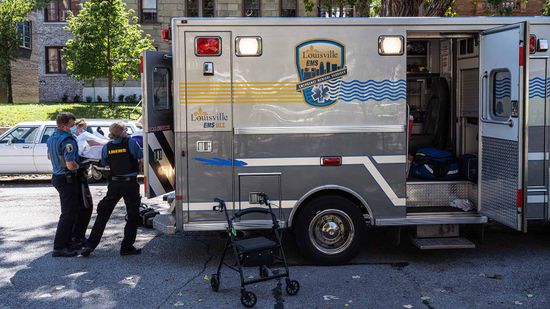
Is Your Hospital Diverting Ambulances Because of COVID-19?
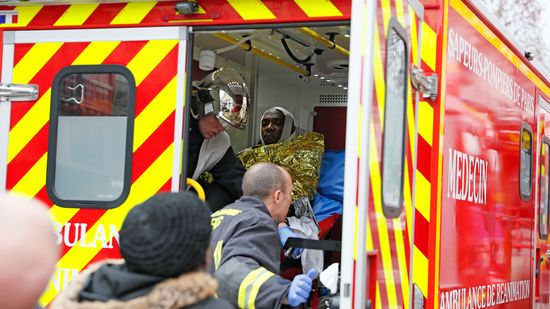
How Ambulances Work

Can You Go to the ER Without Health Insurance?
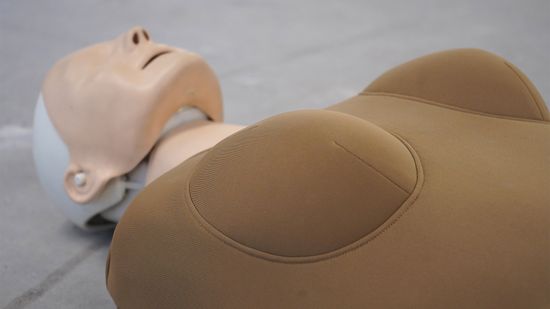
Womanikin: Overcoming the Stigma of Breasts and CPR
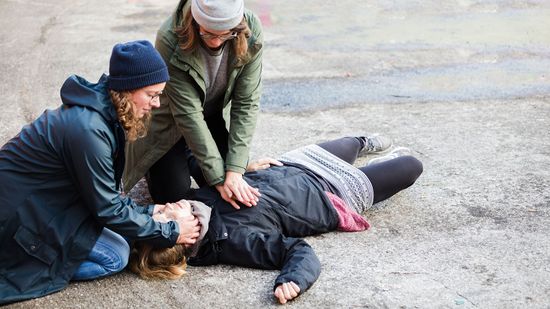
Women Less Likely to Receive CPR in Public, Study Finds
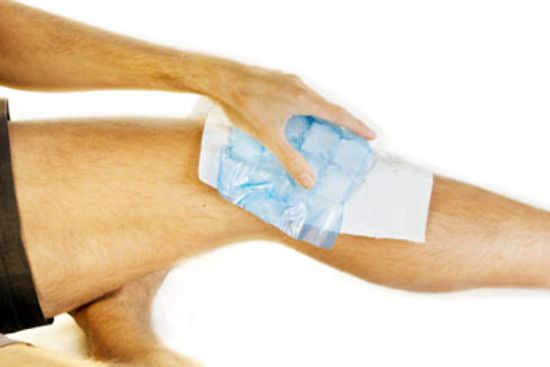
Should you use ice or heat to treat an injury?
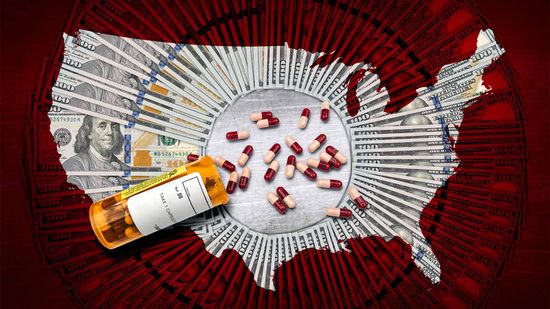
Mark Cuban Wants to Solve the U.S. Prescription Drug Price Crisis
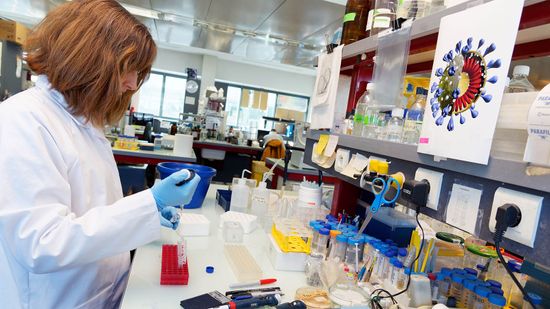
Epidemiologists Are the 'Disease Detectives' Protecting Public Health
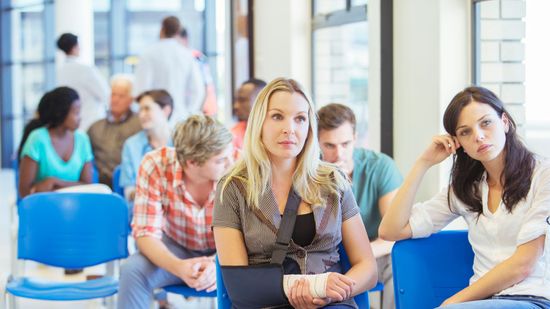
Should Doctors Have to Pay Patients for Running Late?
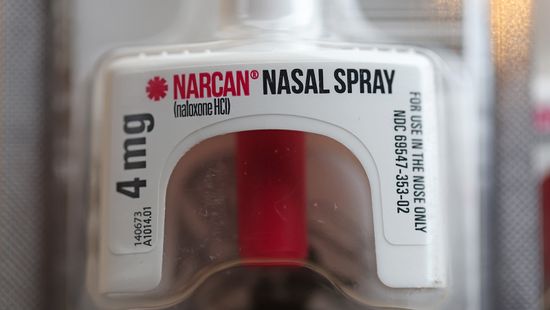
FDA Approves OTC Narcan Nasal Spray for Opioid Overdose
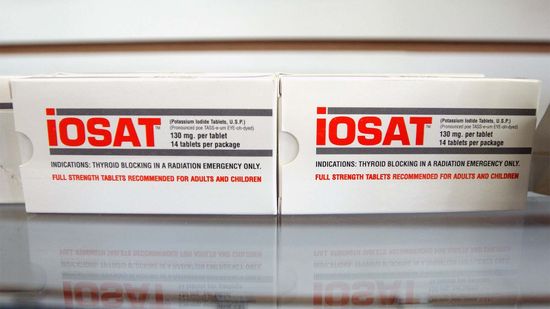
Why Are Potassium Iodide Pills Selling Like Crazy?
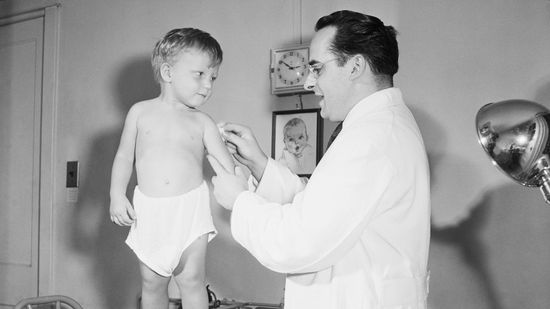
Why Are Some Shots Given in the Arm and Some in the Bum?
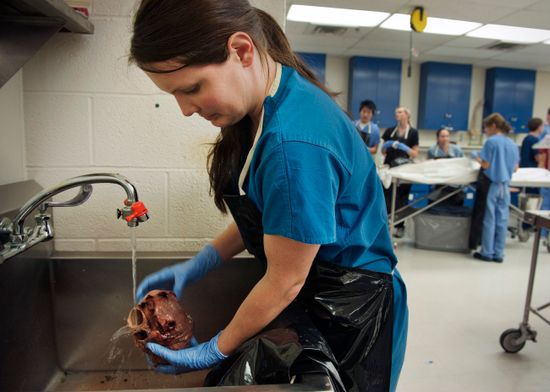
Medical Schools Have Come a Long Way From Grave Robbing to Get Cadavers
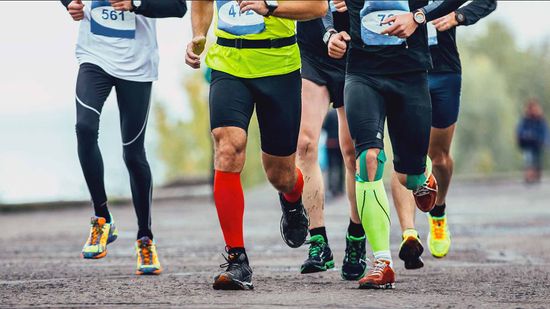
Compression Wear Is Key to Sports and Surgical Recovery
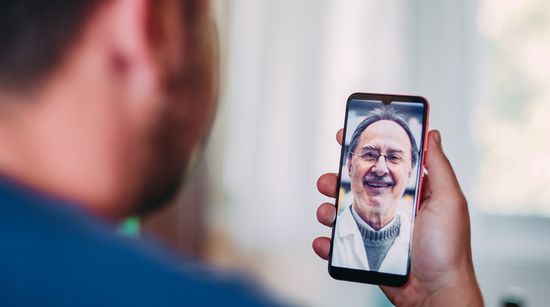
How Doctor On Demand Works
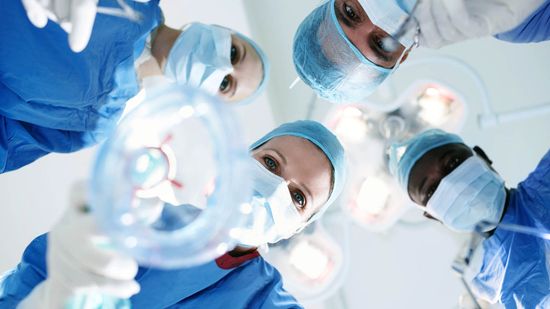
Anesthesia Awareness: When You're 'Awake and Aware' During Surgery
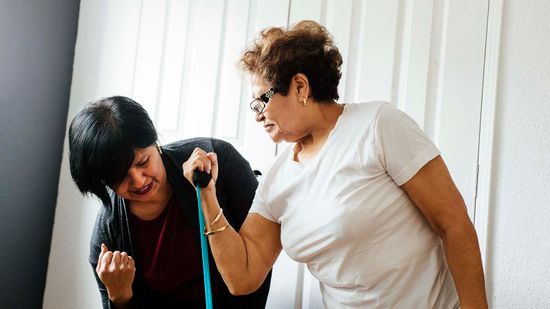
Prehab Could Make Your Recovery From Surgery a Bit Easier
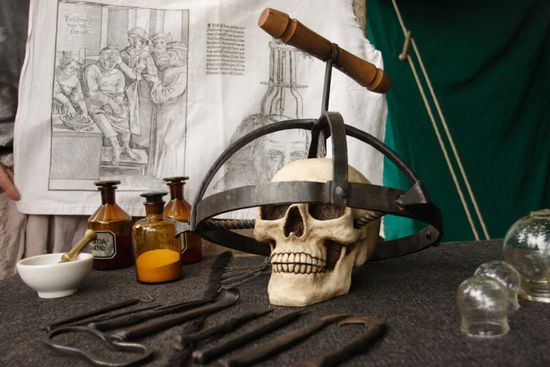
You Need It Like a Hole in the Head: The Ancient Medical Art of Trepanation
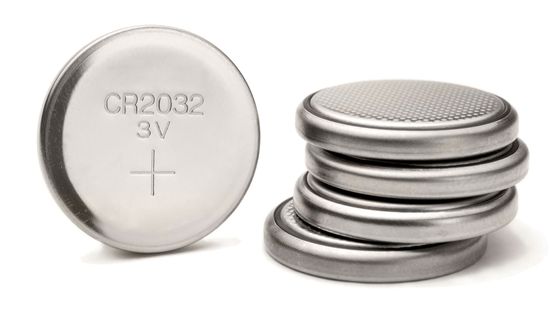
Honey Can Help If Your Child Swallows a Button Battery

What Is the Rarest Personality Type?
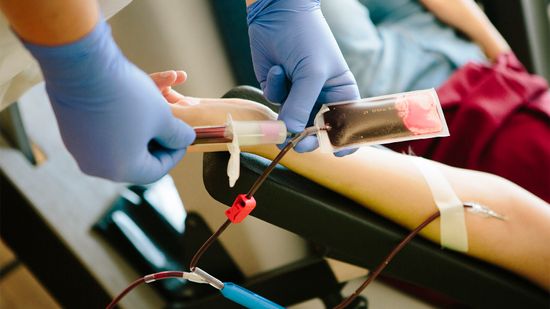
Veins, Needles, Yikes: What to Know Before Having Blood Drawn
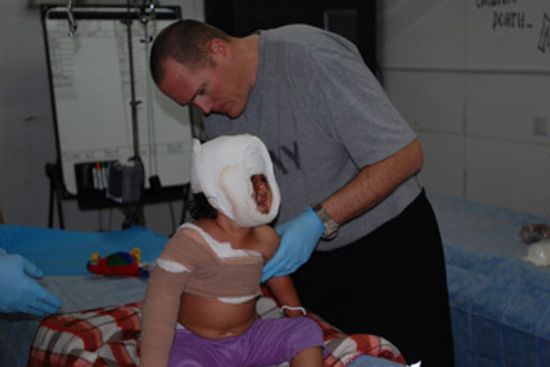
Are Army medics and doctors on the front lines?
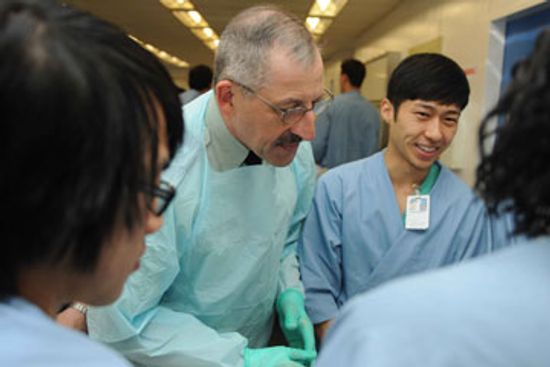
Can civilians become doctors in the U.S. Army?
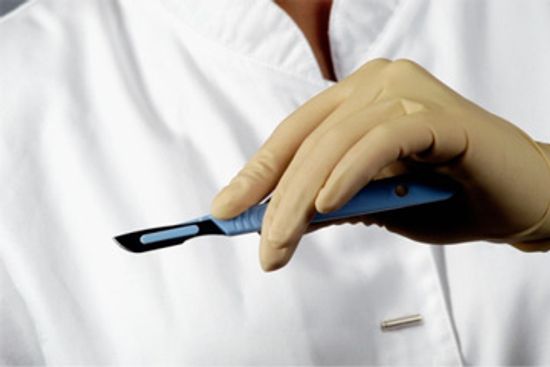
Do Army doctors and medics carry weapons?
Learn More
The FDA's greenlighting of over-the-counter naloxone means that it will be available for purchase without a prescription at more than 60,000 pharmacies nationwide.
Doctors need to cut open dead bodies to learn anatomy, but where do they get them?
The billionaire business owner launched an online pharmacy in March with drug prices slashed. But is the model poised to disrupt America's prescription drug business?
By Dave Roos
Advertisement
Demand for potassium iodide pills has surged since Russia attacked Ukraine and threats of nuclear war loom. But why these pills, and what do they have to do with nuclear radiation?
It all comes down to the type of medicine, how much is required, and how quickly it needs to be absorbed.
Compression socks, sleeves and other garments are worn by both patients and athletes to help enhance their performance and improve their post-op recovery. But do they work?
It's rare, but when it happens, it can be traumatic and frightening for those who experience it. But how does such a thing even occur with today's modern medicine?
By Meg Sparwath
Advertisement
If your child swallows a button battery, you need to take them to hospital immediately. But on the way, grab your honey bear. Here's why.
By Dave Roos
Recovering from any surgery is never as easy as you hope. But putting in some time to get fit before it could make healing a lot easier. Here's how.
In the latest COVID-19 surge, many hospitals across the country are on diversion, meaning they're asking ambulances to take patients elsewhere. Here's how that could affect you.
Myers-Briggs has established 16 personality types and says that everyone fits into one of them. But some types are more common than others. Which is the rarest of all?
By Alia Hoyt
Advertisement
Drilling a hole in somebody's skull was all the rage 4,000 to 12,000 years ago. In fact, 5 to 10 percent of skulls from this period have a hole in them, made while the person was still alive. The question is, why?
Not crazy about going into your doctor's or therapist's office these days? You might be interested in a telemedicine service like Doctor on Demand.
Since the COVID-19 outbreak has people self-quarantining as much as possible, telemedicine has become a big alternative. But if you've never done it before, what can you expect?
By Alia Hoyt
A little girl with epilepsy caused the mash-up of a beloved children's book title and a CBD oil that changed medical history.
Advertisement
U.S. President Donald Trump has been touting the malaria drug chloroquine as a possible miracle drug for coronavirus. Should we all be taking chloroquine?
A ventilator is a machine that helps a person breathe by blowing oxygen into the lungs and removing carbon dioxide out of the lungs. They're a critical piece of equipment for coping with the COVID-19 pandemic.
Who do you call when there's a new disease outbreak? An epidemiologist. These disease detectives investigate the who, what, why, when and where of disease epidemics worldwide.
You've probably seen the ads for drugs to treat depression and the warnings that they may cause suicidal thoughts. But why would that be?
By Alia Hoyt
Advertisement
If you've got a pain in your head or body, you'll probably reach for whatever's in your medicine cabinet. But is it really the right treatment? One size doesn't fit all - we explain the differences in pain relievers.
By Alia Hoyt
Performing CPR on a woman means that, yes, there will be some hand-to-breast contact. Womanikin is designed to help reduce the stress and hesitation.
Doctors' waiting rooms often have signs that a fee will be charged for no-shows or late arrivals. So, should patients ask doctors for reimbursement when they have to wait a long time?
By Alia Hoyt
When you feel like you're between a rock and a hard place, a stool softener could get you out of a jam.
By Loraine Fick
Advertisement
We're all familiar with the lists of active ingredients on the products we use, but what are inactive ingredients and how can they affect you?
By Alia Hoyt
Laparoscopic surgery has become the preferred method of minimally invasive surgery. It involves making tiny incisions in the body, and doctors remove some organs via the belly button.
By Alia Hoyt
